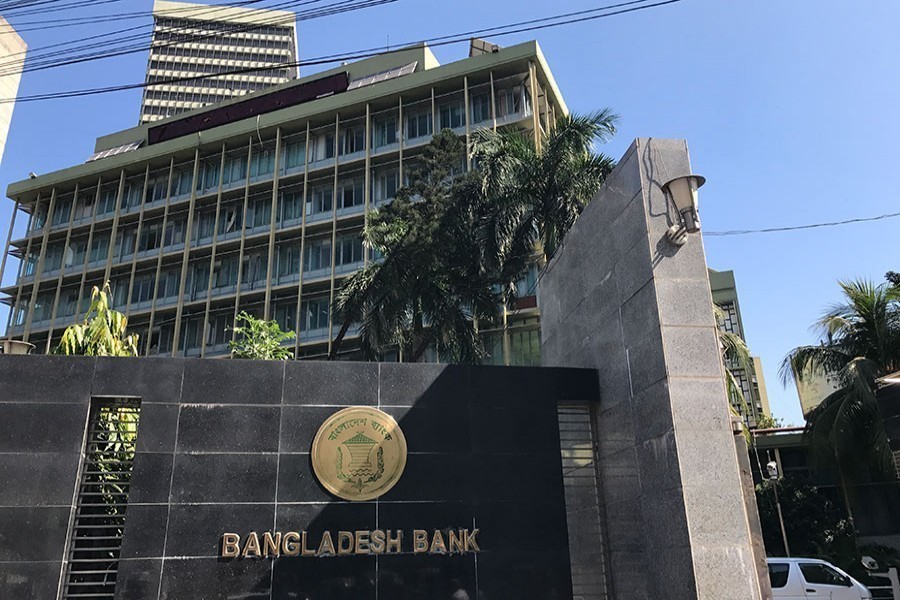The central bank has doubled the deferred payment period for import of raw materials only for the power generating enterprises to help ease the pressure on foreign exchange market, officials said.
Under the relaxation, importers are now allowed up to 360 days instead of 180 days to settle the deferred payment for import of raw materials for power generation.
"To facilitate power sector industry, it has now been decided to enhance usance period up to 360 days from 180 days for import of raw materials in the case of power generating enterprises only," said a notification issued by the Bangladesh Bank (BB) on Wednesday.
Other instructions in this regard will remain unchanged, it added.
The central bank earlier permitted the import of industrial raw materials on deferred payment basis up to 180 days by industrial importers for their own use.
"We've relaxed the regulations for the benefit of power producers, particularly for those in the private sector," a senior BB official told the FE.
It will also help reduce pressure on the country's foreign exchange market, he added.
Deferred payment arrangements are often used in retail settings where a person buys and receives an item with a commitment to start making payments at a future date.
The latest move of the BB came against the backdrop of higher import of fuel oils, particularly for power generation, that created extra pressure on the country's foreign exchange market in recent months.
During the period from January 03 to May 06, the Bangladesh taka (BDT) depreciated by 60 poisha against the US currency in the inter-bank forex market.
The greenback was quoted at Tk 84.50 each in the market on May 06 as against Tk 83.90 on January 02 this year, according to the market operators.
On Wednesday, the US dollar was quoted at Tk 84.50 each in the inter-bank foreign exchange market, remaining unchanged from the previous level, they added.
The BB officials, however, said high sulfur fuel oil (HSFO), generally known as furnace oil, is being imported under the category of petroleum products as raw material for power generations, which also put pressure on the foreign exchange reserve.
"Foreign exchange pressure may ease now for the time being," a senior treasury official of a leading private commercial bank (PCB) told the FE while explaining the possible impact of the relaxation.
Ultimately, accumulative payment pressure may go up for such relaxation, the private banker added.
Meanwhile, higher import of fuel oils pushed up the overall import expenses during the July-March period of the current fiscal year (FY), 2018-19.
Import of petroleum products, including liquefied natural gas (LNG), soared by 25.43 per cent to $2.81 billion in the first nine months of FY '19 from $2.24 billion in the same period of the previous fiscal, the BB data show.
"The existing upward trend in fuel oil import may continue in the coming months following diversified use of the gasoline products, particularly for power generation," a BB senior official explained.
Currently, nearly 45 power plants, out of a total of 129 plants across the country, are now running on such fuel oil.
And the central bank is continuously providing foreign currency support to the banks for settling import payment obligations as per commitments.
As part of the support, the BB sold $30 million to two state-owned commercial banks (SoCBs) directly on Wednesday for marking payments particularly for fuel oils and the Rooppur Nuclear Power Plant (NPP).
A total of $2.24 billion has been sold since July 01 of the current fiscal year (FY), 2018-19, to the commercial banks as part of BB's ongoing support, according to latest official figures.
"We may continue such support in line with the market requirement," another central banker noted.
The demand for the US currency is gradually increasing, mainly due to higher import payment pressure, particularly for import of intermediate goods, capital machinery for power plants, fertilizers and fuel oils.


